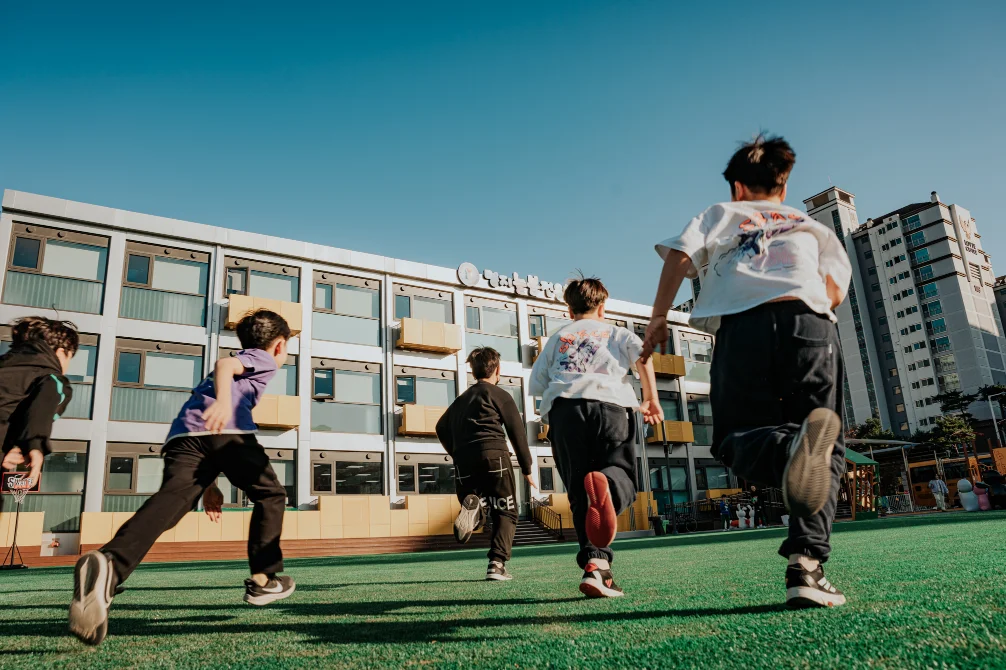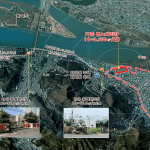Busan, South Korea – Busan City is poised to introduce 72 innovative policies and programs in 2025, covering six key areas: economy and youth employment, urban development and transportation, healthcare and welfare, women and childcare, safety and environmental sustainability, and culture and tourism. These changes reflect the city’s ambition to enhance residents’ daily lives, address pressing societal needs, and pave the way for a prosperous future.
Mayor Park Heong-joon described the initiative as a turning point for the city. “2025 will be a year to rise above challenges and create new opportunities. We remain steadfast in our commitment to delivering policies that prioritize citizen welfare and happiness,” he said.
Busan is addressing economic uncertainty with measures to support small businesses and foster youth financial independence. A ₩180 billion “Vitamin Plus Fund” will provide loans and interest subsidies tailored to the needs of low- and medium-credit small business owners.
For younger citizens, the “Busan Youth Double Joy Savings Account” program will expand its reach to 6,000 participants, up from 4,000. Additionally, the “Busan Youth Joy Card” will ease income eligibility requirements, allowing more young workers to benefit from the initiative. These programs aim to empower the city’s youth by fostering financial independence and stability.
Major changes in transportation include making the Baekyang Tunnel toll-free starting January 10, 2025. This move is expected to reduce travel costs and ease commuter burdens. In addition, a state-of-the-art smart tolling system will be introduced on the Gwangan Bridge in February, utilizing high-pass and video recognition technologies to streamline toll collection and alleviate congestion.
For families, vehicles displaying maternity decals will now enjoy a 50% discount on parking fees at public parking facilities. This initiative is part of Busan’s broader commitment to creating a family-friendly urban environment.
Busan plans to expand access to healthcare and welfare services for vulnerable populations. Basic livelihood benefits will see relaxed eligibility requirements, and allowances for medical assistance and emergency living support will be increased. These changes aim to alleviate financial stress for residents in need.
In a landmark move, the city will launch a one-time Housing Stabilization Fund for victims of rental fraud, providing ₩1.55 million per eligible household. This temporary program offers crucial relief amid a nationwide housing crisis.
Busan is enhancing its support for families with the introduction of a Postnatal Care Expense Support Program. This initiative will provide up to ₩1 million per newborn, helping parents manage the costs of postnatal care. The city will also expand subsidies for daycare fees and English-language programs for young children, reinforcing its commitment to fostering a child-friendly environment.
In an effort to bolster public safety, Busan is expanding its Citizen Safety Insurance to include compensation for victims of sexual violence under the age of 12. Enhanced coverage for disaster recovery and crime victims further underscores the city’s dedication to its residents’ well-being.
On the environmental front, the city is banning plastic flowers from public cemeteries and encouraging sustainable practices through new policies. To enhance its global appeal, Busan will launch a multilingual menu platform for restaurants, allowing them to create QR code-based menus in various languages.
Cultural accessibility remains a priority for Busan. Subsidies for cultural vouchers provided to low-income citizens will increase, while the ₩10,000 Youth Cultural Pass will now include local festivals and regional performances, enriching young residents’ access to cultural experiences.
In a creative initiative, the city will introduce an Outdoor Library Program. Using scenic locations such as beaches and parks, this festival-style initiative aims to promote literacy and foster community engagement.
In 2025, Busan City will implement 72 new policies across six key sectors, aiming to improve daily life, address economic challenges, and enhance citizen welfare. By focusing on practical measures and future-oriented initiatives, the city seeks to establish itself as a model for sustainable urban development and community-centered governance.



